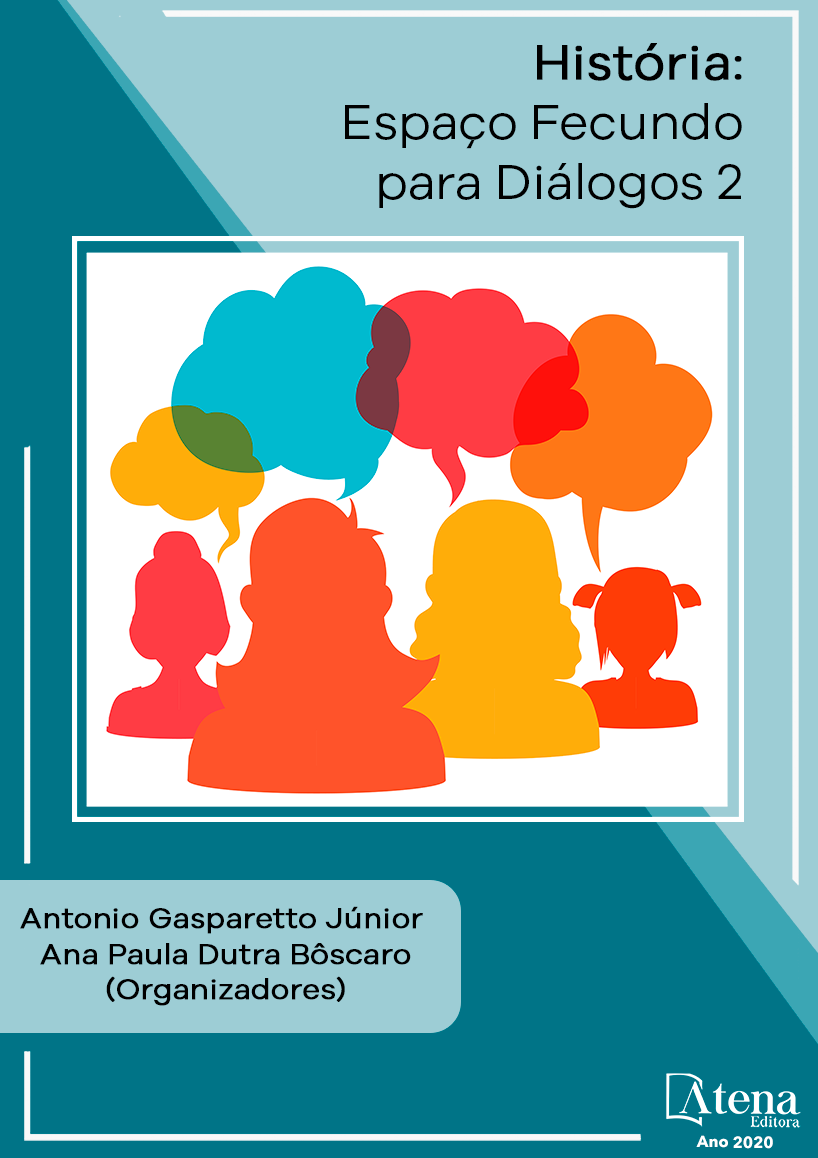
COMPANHIA TEATRO MODERNO DE LISBOA (TML): ENGAJAMENTO, RESISTÊNCIA E CRIAÇÃO CULTURAL NOS ANOS 1960
eatro social e teatro engajado são
denominações que ganharam corpo em meio a
um vivo debate que atravessou o final do século
XIX e se consolidou no século XX. Seu ponto
de inflexão estava na tessitura das relações
entre teatro e política ou mesmo entre teatro e
propaganda. Este trabalho aborda os sentidos
de resistência e contestação político-cultural da
Companhia Teatro Moderno de Lisboa (TML)
/ Portugal, na década de 1960, levando em
consideração as entrevistas e os discursos
produzidos sobre os seus processos coletivos de
criação, pesquisa teórica e intervenção social.
Para muitos intérpretes, o grupo rompeu a ordem
estabelecida da vida teatral na década de 1960
e se afirmou como o grande movimento de uma
geração. Durou apenas quatro anos, de 1961 a
1965. Nesse período o TML apresentou textos
teatrais de Carlos Muniz, Dostoievsky, Miguel
Mihura, John Steinbeck, Luiz Francisco Rebello,
William Shakespeare e José Carlos Pires.
Esses artistas compuseram e recompuseram
diferentes universos de acordo com as suas
intenções e seus desejos. Deram, lembrando
aqui Brecht, ao “passado e presente em um”,
o sinônimo de aliar a leitura (com significados
novos) de textos, recheados de crítica social
em determinado contexto, à representação de
um grupo de atores portugueses. As questões
políticas e estéticas contidas nas peças eram
atualizadas pelo debate entre o grupo de teatro
e a plateia — tarefa bem difícil num período em
que a contestação político-cultural à ditadura do
“Estado Novo” se tornava mais forte e constante
e em que a repressão da censura oficial,
sempre vigilante para com as manifestações
artísticas heterodoxas, fazia-se sentir de
uma forma asfixiante. Fazer teatro engajado
naquele período era buscar outros lugares de
encenação, assim como outros olhares sobre
os anos de chumbo. Devido à sua ação, aos
seus princípios fundamentais e práticas, o TML
lançaria as sementes do movimento dos grupos
de teatro independentes, tendo iniciado o
caminho de um teatro de intervenção que estes,
mais tarde, se encarregaram de continuar.
A despeito das adversidades, as
experiências teatrais na contramão do
pensamento dominante continuam em pauta
e na ordem do dia com incrível tenacidade.
Fazer teatro em meio às pressões comerciais
é, sem dúvida, uma forma de provocação, de
insubordinação ao mercado das “paradas de sucesso”, da qual ainda se valem tanto
o Comuna – Teatro Pesquisa, o Teatro da Cornucópia, O Bando, a Casa da Comédia,
A Barraca, o Centro Cultural de Évora e a Seiva Trupe.
COMPANHIA TEATRO MODERNO DE LISBOA (TML): ENGAJAMENTO, RESISTÊNCIA E CRIAÇÃO CULTURAL NOS ANOS 1960
-
DOI: 10.22533/at.ed.01620110228
-
Palavras-chave: Teatro Moderno de Lisboa; resistência; engajamento.
-
Keywords: Teatro Moderno de Lisboa; resistance; engagement.
-
Abstract:
Social theatre and politically engaged theatre are two designations
that gained acceptance in the midst of a lively debate that went on throughout the
late 19th century and consolidated in the 20th century. Its turning point lied in the
structure of the relations between theatre and politics or even between theatre and
propaganda. This text addresses what resistance and political-cultural protest meant
to Grupo Teatro Moderno de Lisboa (TML), from Lisbon/Portugal, in the 1960s, based
on the interviews and discourses about their collective creation processes, theoretical
research and social intervention. According to many interpreters, the Group broke
with the theater establishment of the 1960 sand came out as one generation’s great
movement. It only lasted for 4 years, from 1961 to 1965. During this time, TML staged
theatrical texts by Carlos Muniz, Dostoyevsky, Miguel Mihura, John Steinbeck, Luiz
Francisco Rebello, William Shakespeare and José Carlos Pires. These artists made up
and remade up different universes according to their purposes and wishes. By reading
the above authors’ texts in the 1960s, these Portuguese artists gave new meanings to
the present and to the past itself – recalling here Brecht’s “past and present in one”.
The political and aesthetic issues in the plays were updated through debates between
the theater group and the audience —quite a difficult task in a period when politicalcultural
protest against the “Estado Novo” dictatorship was increasingly strong and
constant, and in which official censorship, always vigilant against heterodox artistic
manifestations, was stifling. Being active in politically engaged theater then meant
looking for different staging places and for other points of view on the years of lead. By
means of its actions, its ground principle sandits practices, TML would sow the seeds
of the independent theatre group movement, having taken the first steps in the pathway
toward an intervention theater that, later on, these groups took upon themselves to
continue with.
Despite adversities, theatrical experiments that go against the grain of prevailing
thoughts are still tenaciously current in the agenda. Doing theater in the midst of
commercial pressure is, undoubtedly, a form of provocation, of insubordination to the
“hit parade” market, to which Comuna – Teatro Pesquisa, Teatro da Cornucópia, O
Bando, Casa da Comédia, A Barraca, the Évora Culture Center and SeivaTrupestill
resort.
-
Número de páginas: 15
- Kátia Rodrigues Paranhos


